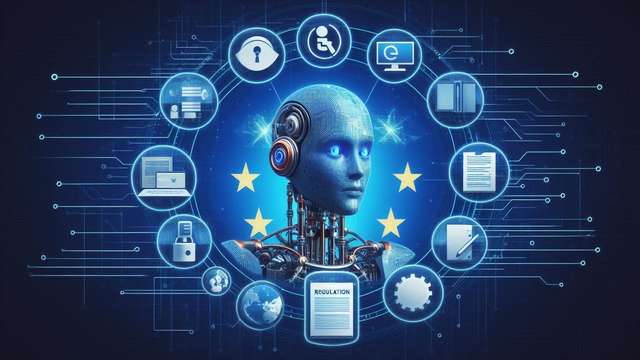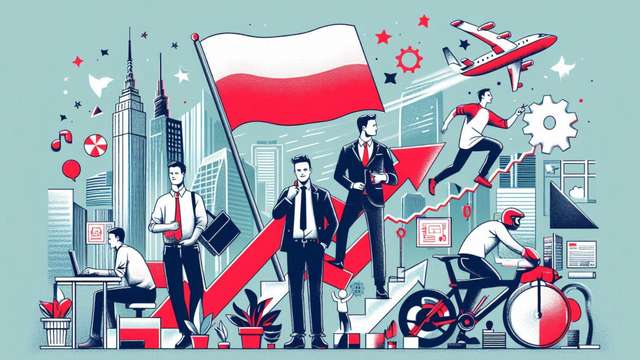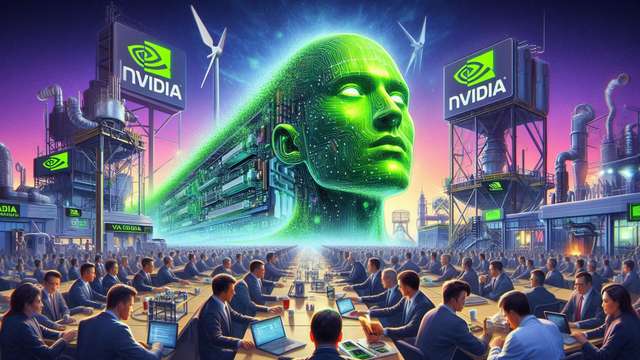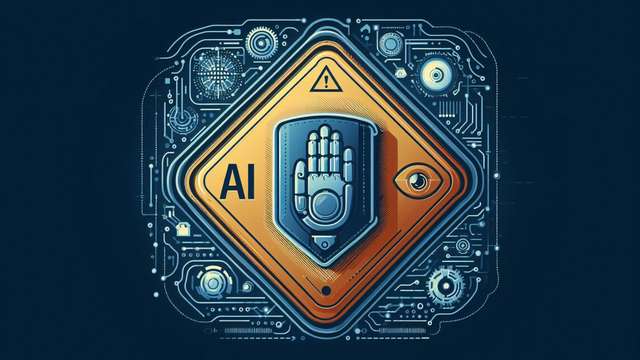
It has been talked about for some time and we have finally got there. The AI Act, i.e. the new regulations governing the artificial intelligence space, is coming into force. What does this mean and what consequences will it entail?
Table of contents
The development of AI has accelerated incredibly in recent years. The benefits it brings are incredible, but - as in such cases - we also have the other side of this coin. Artificial intelligence is also a series of risks and dangers that have been taken under the microscope. The result? A set of regulations has been prepared to put the new technologies into a proper framework.
Was there no regulation? Are you sure?
However, Kamil Hamelusz, who professionally deals with AI-related regulations, said in an interview with Automation Trader that he sees it slightly differently. - ‘It's not like we are putting something into a regulatory framework,’ he said.
- It's just that reality is coming at us in the form of AI systems. We have to be in the direction that the technology is running in based on the laws that are currently in place. And it's not that by creating self-learning algorithm technology or AI, there is no legislation. That is not true, because we have a lot of regulation,’ he added.
However, all indications are that what has been in place so far - due to the rapid development of AI - has proved insufficient. Hence, the idea for an EU initiative called the AI Act, which is meant to face expectations and potential threats.
What is the AI Act?
What exactly is the AI Act? It is worth mentioning at the outset that this is the first law of its kind anywhere in the world. It is supposed to classify artificial intelligence in terms of what great potential risks it poses to users.
Thus, the AI Act classifies artificial intelligence into four basic groups:
- High-risk software
- Limited risk software
- Minimal risk software
- Unacceptable software - banned in the European Union
The provisions contained in the AI Act will also address the potential misuse of artificial intelligence for illegal purposes. We are mainly talking about deepfake content, which, with its increasing capabilities, can lead to such offences as fraud, extortion or blackmail.
Crime and punishment
Following this line of thought, software that poses a clear threat to the fundamental rights of users, i.e. all that allows the spying on, monitoring and subsequent use of sensitive data, will be prohibited, among other things. The same will apply to the assessment of users' behaviour on the basis of their social activities.
The regulations will of course be followed by appropriate penalties. If someone does not comply with the regulations, they will face very severe penalties. In the case of companies, these will be measured against global turnover, if that figure is higher than the fine set by the regulations.
The AI Act will come into force as early as 2 August, but there will be a transition period of up to two years. This time will be given to all companies to be able to properly prepare and adapt their business in the new regulations. The question is whether technology will again overtake the legislation and changes and updates will not be needed in two years' time.






